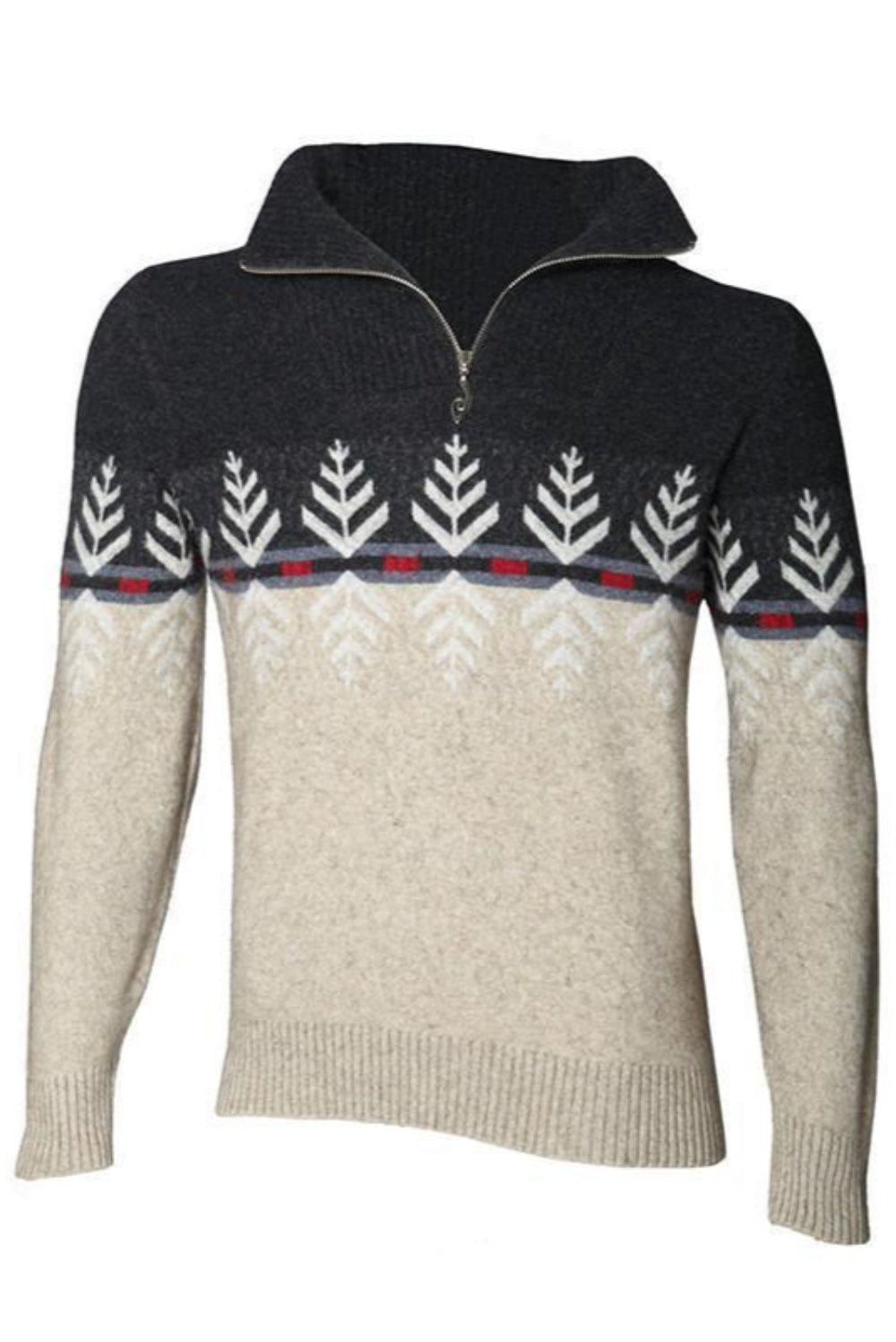The common brushtail possum, was first introduced to New Zealand from Australia in 1837 to establish a fur trade. The possum has a thick, bushy tail, thick body fur, a pointed snout and large, pointed ears. They are now widespread across most of New Zealand.
According to New Zealand’s Department of Conservation (DOC), the possum is one of the greatest threats to New Zealand natural environment. Possums have a significant impact on many of New Zealand’s natural ecosystems. They occur in high numbers and their own predators, such as feral cats, do not have much effect on controlling possum population size. It is estimated that there are
around 30 million possums in New Zealand today.
Leaves are the main part of their diet, but possums are opportunistic omnivores. They eat buds, flowers, fruit/berries and nectar, which means they compete with native birds and reptiles for food sources. The growth and life-cycle of a tree or plant is significantly affected when all parts of it are eaten. Possums eat the eggs and chicks of some of our endangered species of native forest birds of
New Zealand such as Kiwi and Kokako. They often occupy holes in tree trunks for their nests which would otherwise be used by nesting birds such as kākāriki and saddlebacks. The survival of whole ecosystems is affected by the possum.
Possums are classified as a pest in New Zealand and efforts & initiatives have been made to reduce their number including “Predator Free 2050”.
At Kapeka, we make use of possums caught in the wild through the pest control process to develop our Merinosilk and Mahana Cashmere fibres. In doing so, we turn a natural hazard into a collection of beautifully New Zealand made fashion with sustainability in mind. Utilizing a natural fibre like possum also helps reduce the amount of synthetic fibres in production.
Possum hair follicle structures are hollow, which provide great insulation, retains heat as well as being lightweight. Possum fur is thick and soft and its fibre is 35% warmer than cashmere and 50% warmer than Merino wool. This was tested and verified by the University of Otago in New Zealand. Possum wool is often combined with Merino wool to create a soft and warm fabric that does not
pill. Please check out our fibres using possum fur here:
https://kapeka.co.nz/pages/merinosilk
https://kapeka.co.nz/pages/mahana-cashmere-knitwear
The New Zealand Department of Conservation (DOC) and the World Wildlife Fund (WWF) support the use of possum fur. By buying Kapeka Merionsilk or Mahana Cashmere knitwear, you are also supporting New Zealand natural environment and saving native bird species including New Zealand’s unique icon – the Kiwi.



















